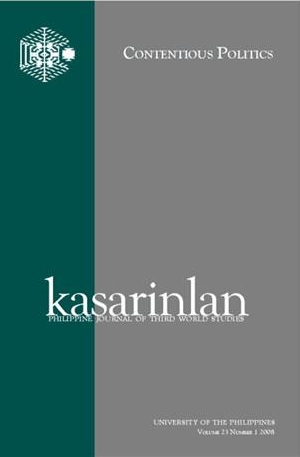Democratization, Identity Transformation, and Rising Ethnic Conflict in Kogi State, Nigeria
Abstract
This article explores the linkages between democratization, identity transformation, and rising ethnic conflicts in Kogi State, Nigeria. It argues that the changing character of identity politics in the state, partly a reflection of the contradictory character of the state such that it empowers some people and disempowers others, has been boosted by the democratization process. Ethnic identities have thus become an instrument for the construction and deconstruction of trust in the struggle for power among the competing ethnicities, which the democratization process typifies. The result has been rising ethnic conflicts across the state that do not bode well for sustainable democracy and development. The article concludes with a recommendation of the need for equitable power sharing/balancing devices among competing ethnicities, including minority groups. One viable path to this is to institutionalize a mutually agreed principle of power rotation on a one-term (four-year) basis among the various groups. This has the potential to generate a sense of belonging and ownership in all in plural and complex settings as Kogi State.
How to Cite
OMOTOLA, J. Shola.
Democratization, Identity Transformation, and Rising Ethnic Conflict in Kogi State, Nigeria.
Kasarinlan: Philippine Journal of Third World Studies, [S.l.], v. 23, n. 1, p. 71-90, nov. 2008.
ISSN 2012-080X.
Available at: <https://journals.upd.edu.ph/index.php/kasarinlan/article/view/1126>. Date accessed: 20 sep. 2025.
Section
Articles
Keywords
democratization; identity; ethnicity; conflict; Okun; Ebira; Igala; Kogi State; Nigeria
By submitting a manuscript, the authors agree that the exclusive rights to reproduce and distribute the article have been given to the Third World Studies Center.



